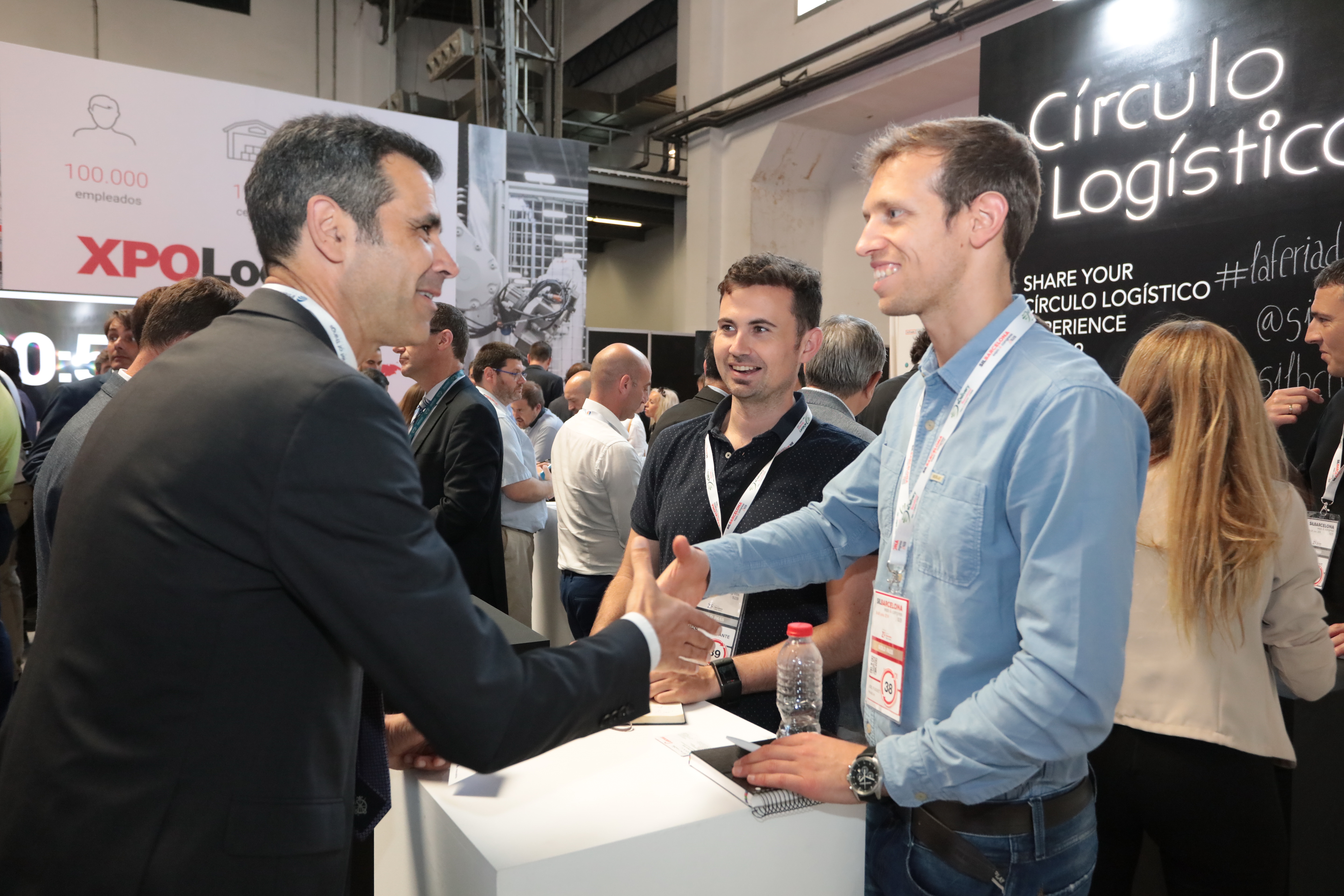The COVID-19 health crisis has meant a complete stop in trade shows. If there is a sector that is affected directly by the social distancing imposed by confinement to stop the pandemic, that is the organization of professional exhibitions. The suspension of the Mobile World Congress in Barcelona marked the beginning of a chain of postponements of fair events. In our case, the Leading Exhibition for Logistics, Transport, Intralogistics and Supply Chain (SIL) and the e-Commerce Delivery, Logistics and Last Mile International Exhibition (eDelivery), initially scheduled for June, have been postponed until September 15-17.
The truth is that apart from the current pandemic impact, in the case of fairs, in the last years several voices have appeared questioning the survival of this business model in the face of the great advancement of technology and the possibilities that the Internet offers. But it is precisely now, when most of us are still confined to our homes waiting for normality to recover or at least a situation that allows us to slowly resume some activities, the need for physical contact and for real meeting points has become even more important for many professionals.
From an environmental and efficiency point of view, it is obvious that online working provides undeniable advantages. However, it is also true that fairs continue to be one of the most important communication tools for companies, especially in B2B environments. Physical and visual contact with the interlocutors is still essential in order to close agreements, sales and transactions. It is essential as well to learn the novelties and new trends while being in real contact with the products and services. Professional fairs enable visitors to build a direct relationship with customers and improve their loyalty, to speak directly with them also imply products and services improvement. In addition, direct contact makes it easier for exhibitors to convince interested parties and get new customers.
It is evident that the sector will need time to recover the cruising speed it previously had, but it is no less true that in the new reality that we are facing once the most critical period of the current health crisis has passed, fairs will continue to play an essential role.

